Does Geneva still provide young people (and the not so young) with alternative meeting places – open, accessible party venues where up-and- coming artists can launch cultural projects without having to present a business plan? Many emerging artists believe the canton is now going through a crisis. The background to this situation is the disappearance of the squats during the 2000s and, in particular, the closure of the huge self-managed Artamis space in 2011. “There is a lack of venues, and this is becoming acute. I hope this is resolved with the new districts where the canton promises that culture will be integrated,” says the Christian Democrat Alia Chaker Mangeat, a member of the communal parliament who sits on the arts and culture committee.
Culture budget cuts
A recent political tipping point was the vote in December 2015 for a 2 % linear cut in the municipal council’s social services and culture budget. “In the past, the right and left used to negotiate. The right managed traditional cultural venues, such as the Grand Théâtre, while the left looked after the emerging cultural scene. These cuts mean they are now at loggerheads again,” says Léon Meynet, a former socio-cultural events organiser who was involved in the 1970s in setting up the first autonomous cultural centre, in Saint-Gervais.
In 2015, L’Usine, Geneva’s first alternative venue, was the subject of a political battle with the department of employment and social security run by Pierre Maudet, the FDP Cantonal Council member. At the heart of this dispute was the obligation imposed on the cultural organisations at L’Usine to request separate administrative authorisation for their refreshment bars due to a new law governing licensed premises and entertainment. The alternative centre refused to accept this policy, which it deemed contrary to the principles of self-management. “In the view of the magistrate, all bars came under one category and this system was applicable across the board,” explains the Socialist politician Sylvain Thévoz, a member of the arts and culture committee.
Entertainment or culture?
L’Usine, which has been involved in the reform of this law since 2010, believes the magistrate overlooked the outcome of the negotiations. “They are talking about business whereas we are talking about culture,” contends Samantha Charbonnaz, a permanent employee at L’Usine, who works for 2,500 Swiss francs a month, a part-time salary for what is effectively a full-time position. She is critical of the term “entertainment associated with public recreation”. She believes this reveals a profound lack of understanding on the part of politicians of self-managed venues. “They want to speak to a manager. There isn’t one because it’s only as a collective that we can manage everything. But that does not mean we are not responsible,” counters Clément Demaurex, a former permanent employee.
On 24 October a disorderly demonstration in support of L’Usine resulted in damage being caused in the city centre. In view of its refusal to accept the demands of the canton over the refreshment bar issue, the response of the right on the municipal authority has been to freeze its funding. It also decided to make it pay the costs of the damage caused. The two decisions were ultimately rejected by the canton and the licensing issue was finally resolved by means of mediation by the city of Geneva. At the same time, young people have had access restricted to one of Geneva’s main party streets – the Rue de l’Ecole-de-Médecine. The aim of this step undertaken by the city is to curb noise levels in this popular area where around a dozen bars are found in close proximity.
“Noise prevention cannot come at any cost,” says Christian Lutz, a photographer who has spent five years working at the Artamis site (see above). He believes the increase in complaints about night-time noise is explained by the lack of open and accessible venues in the city. “Collapsing in the street due to excess alcohol is better than people locked within four walls looking at a screen. We are living in an age where the political goal is zero risk. Such sterilisation leads to poverty of the imagination and the extinction of debate,” argues the Geneva resident.
Opposition instead of compromise
There is less capacity for negotiation than during the 1980s and 1990s when the magistrates knew how to meet halfway. This was particularly true of the Liberal cantonal councillor Claude Haegi, who devised the trust-based contracts, a system that allowed young people to use an unoccupied building until it was renovated. “The regulations on health and safety and fire make opening such venues very complex,” says Sylvain Thévoz. “The same goes for requesting any sort of funding at all. In the event of occupation, the police respond immediately and the penalties are severe. At the end of the day, there is no longer public support for the squats, as there was during the years of property speculation.” His CVP colleague Alia Chaker Mangeat points out that politicians have the right to establish regulations on expenditure but believes it is necessary to “pull in the same direction for culture” and calls for “space to be left for alternative venues, which are often run by volunteers”.
Disused buildings now scarce
Christian Lutz is concerned. “Switzerland wants the best sports people and the best artists. But if you don’t have places where people can experiment, they’ll go to Manchester or Berlin, for example, where there’s an avant-garde scene.” With its 100 or so squats, some with bars, but also concert halls and dance floors, alternative culture was an integral part of life in Geneva for a quarter of a century. Such free space no longer exists. However, Geneva’s alternative wave has seen new centres emerge that are supported by the public authorities. These include La Gravière, a party venue on the banks of the River Arve, and Motel Campo, located on an industrial park in the Acacias district. “New venues are being permitted but they are all the same,” points out Samantha Charbonnaz. “Buildings that can be occupied for non- commercial purposes no longer exist and the adoption of a tougher line is pushing people to the margins,” concludes Clément Demaurex.
Stéphane Herzog is an editor with THE “Swiss Review”
The life and death of three leading venues in Geneva’s alternative cultural scene
L’Usine: Opened in 1989, the former gold refinery hosts a wide range of cultural activities and party venues. This is the flagship of alternative culture in Geneva.
Artamis (from ‘les amis de l’art’ – art lovers): This 12,000 m2 brownfield site in the heart of the city whose buildings were previously used by the company Services Industriels de Genève hosted craft events, refreshment stands, bars, clubs and artists. Initially occupied in 1996, the site was closed in 2010. It will be replaced by an eco-neighbourhood.
RHINO (which stands for: ‘Retour des habitants dans les immeubles non occupés’ – return residents to unoccupied buildings): Located in Plainpalais, the two buildings that made up the RHINO squat, with their party and music venues La Cave 12 and Bistr’OK, were part of night-life in Geneva for 20 years. Rhino was shut in 2007 under the hardline regime of the uncompromising public prosecutor Daniel Zappelli. La Cave 12 was saved with the support of the canton. It has relocated to Geneva’s right bank.
Picture A demonstration over the Usine took place in Geneva in 2010 with a street festival. Photo: Keystone
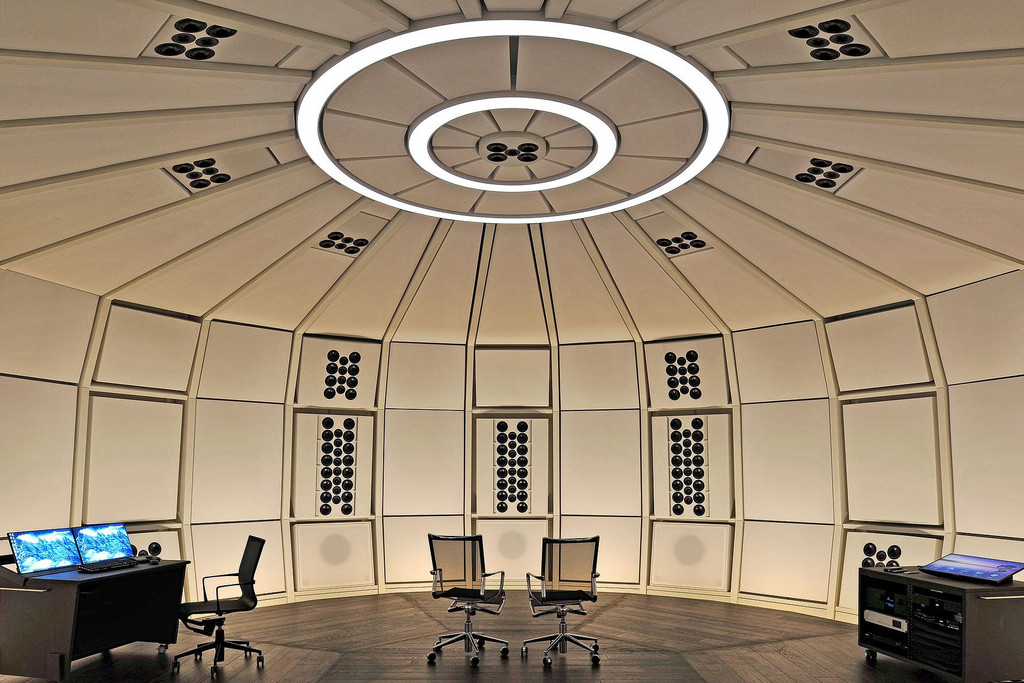

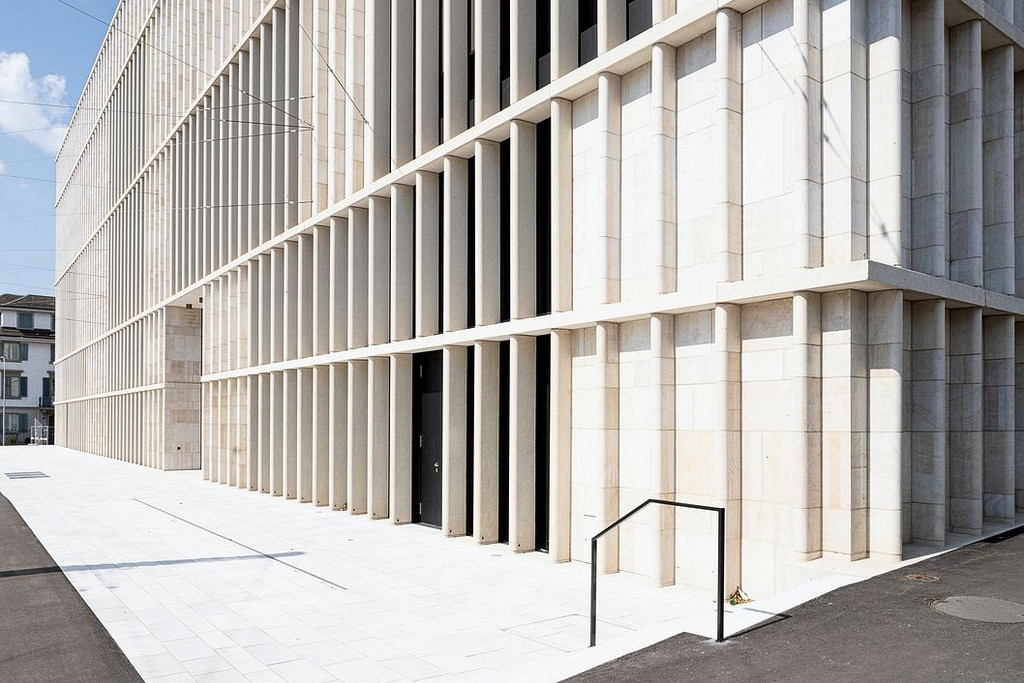

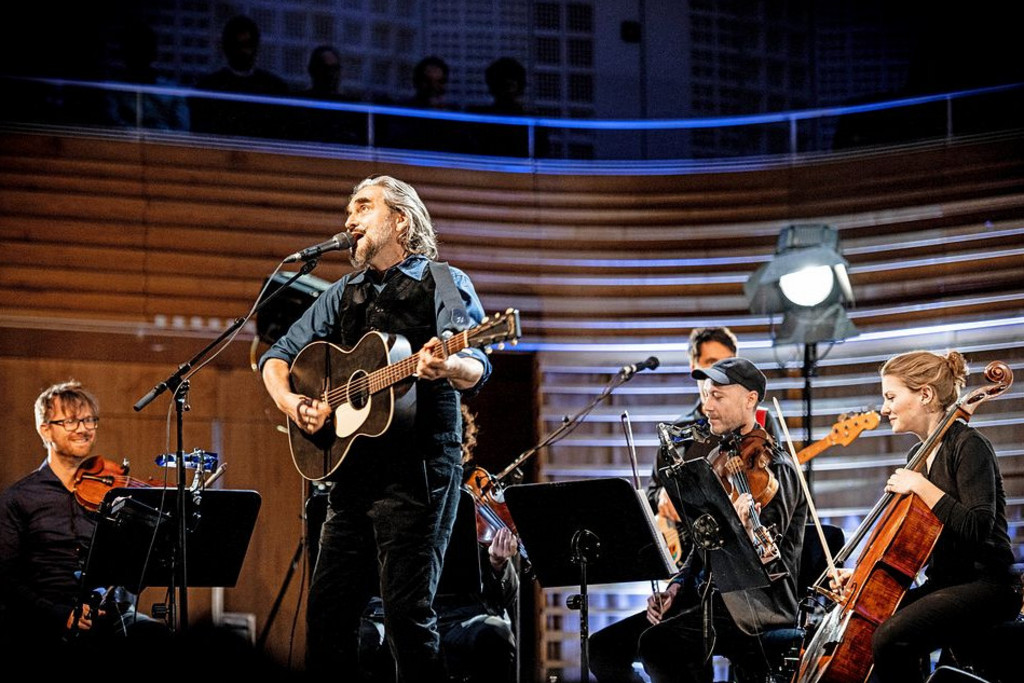
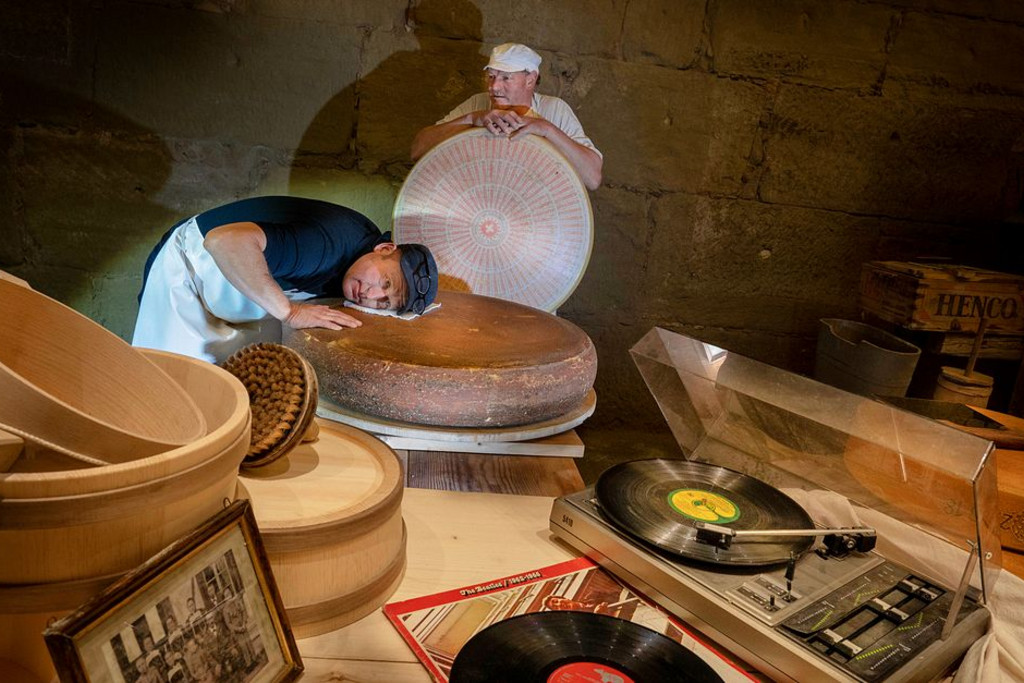
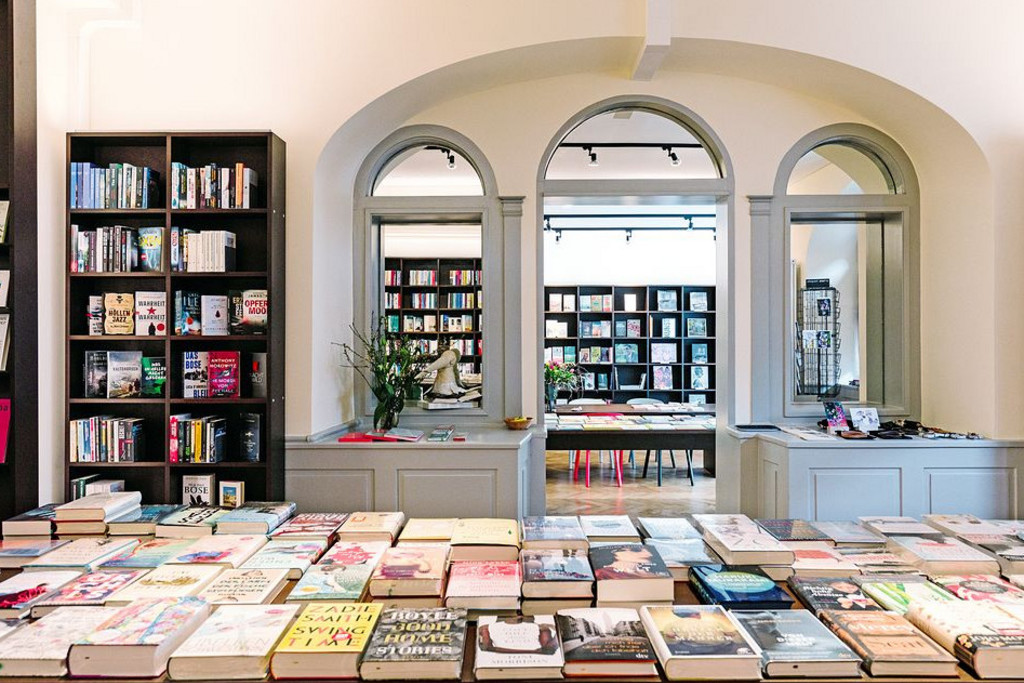




Comments